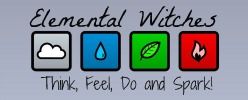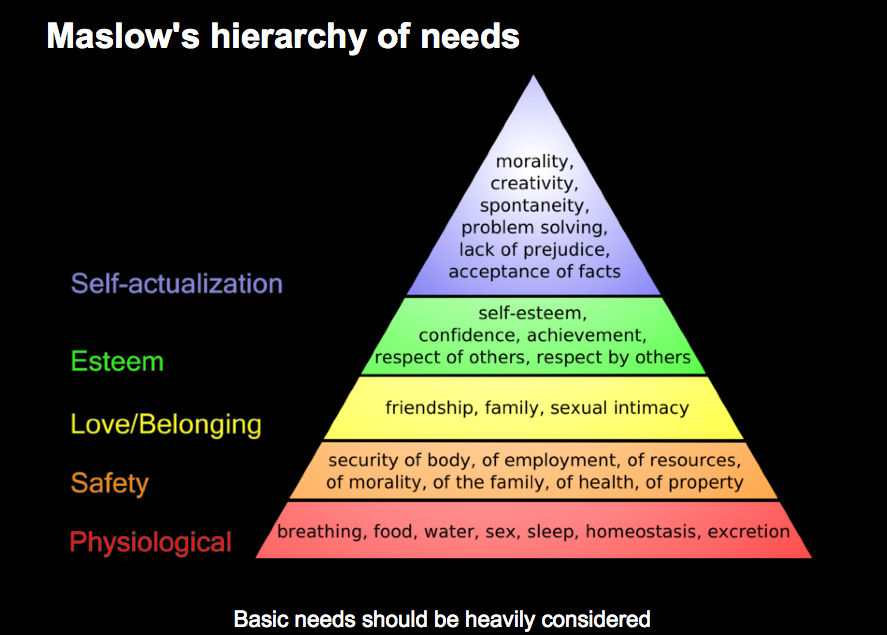Post by Slate on Jul 12, 2014 15:34:13 GMT -8
1.2 Some Branches on the Family Tree
Thomas Huxley once said when asked about his invention of the term agnostic, “Early in life I discovered that one of the unpardonable sins was for a man to presume to go about unlabelled.” It’s humorous but also true. Labels help us put things into perspective. Now that you understand the complexity of the umbrella term Paganism from Lesson 1, it’s time to explore a few of the branches.
These are practices and terms people who are often identified as pagan use to describe themselves. A word of warning, never assume that you know about another persons practice because you can define a term. Ask questions respectfully and don’t be afraid to tell them what you think it means and ask for clarification.
The assignment: For each of the few groups below find at least 2 resources that attempt to define the beliefs and/or practices of the faith or belief system. In your literacy notebook write a definition of each one and pen your thoughts. This is a great time to explore these practices and capture your thoughts. An excellent resource for this is the book “Paganism 101: An Introduction to Paganism by 101 Pagans” by Trevor Greenfield but it does not include all of the terms listed below.
We would love to see your work! Share your definitions, resources or questions in this thread for discussion and feedback.
1.3 A Couple of Cousins
Now that you know more about some of the primary neo pagan designations it’s time to become familiar with some of the relatives that show up on holidays. For me, knowing about how these belief systems are similar and how they differ lead us to a more complete understanding of our own systems.
The assignment: For each of the few practices below find at least 3 resources that attempt to define the beliefs and/or practices of the faith. In your literacy notebook write a definition of each one and pen your thoughts. Again, I suggest no fewer than 50 words.
Thomas Huxley once said when asked about his invention of the term agnostic, “Early in life I discovered that one of the unpardonable sins was for a man to presume to go about unlabelled.” It’s humorous but also true. Labels help us put things into perspective. Now that you understand the complexity of the umbrella term Paganism from Lesson 1, it’s time to explore a few of the branches.
These are practices and terms people who are often identified as pagan use to describe themselves. A word of warning, never assume that you know about another persons practice because you can define a term. Ask questions respectfully and don’t be afraid to tell them what you think it means and ask for clarification.
The assignment: For each of the few groups below find at least 2 resources that attempt to define the beliefs and/or practices of the faith or belief system. In your literacy notebook write a definition of each one and pen your thoughts. This is a great time to explore these practices and capture your thoughts. An excellent resource for this is the book “Paganism 101: An Introduction to Paganism by 101 Pagans” by Trevor Greenfield but it does not include all of the terms listed below.
We would love to see your work! Share your definitions, resources or questions in this thread for discussion and feedback.
- Druid
- Folk Magick
- Goddess worship
- Heathen
- Hereditary
- Left Handed Path
- Rootwork
- Secular Pagan
- Shaman
- Thelemite
- Witchcraft
- Wicca
1.3 A Couple of Cousins
Now that you know more about some of the primary neo pagan designations it’s time to become familiar with some of the relatives that show up on holidays. For me, knowing about how these belief systems are similar and how they differ lead us to a more complete understanding of our own systems.
The assignment: For each of the few practices below find at least 3 resources that attempt to define the beliefs and/or practices of the faith. In your literacy notebook write a definition of each one and pen your thoughts. Again, I suggest no fewer than 50 words.
- New age movement
- Continual indigenous religions (Shinto, Hindu, Tribal)
- Buddhism








 I finally made it!
I finally made it!